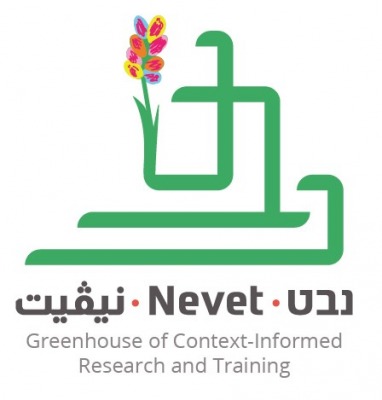“Every human relation is to some degree a power relation...every power relation is not bad in itself, but it is a fact that always involves danger.” (Michel Foucault)
An understanding of underlying power relations in all social systems and human interactions is essential for professionals and researchers. In many societies there are excluded minority groups who live under personal, institutional, legal, and structural forces that restrict, oppress, humiliate, and prevent them from obtaining equal access to resources and opportunities. Becoming aware of the existence and effects of privilege, inclusion, and exclusion, is part of the perception of complexity. When working with families in various contexts, this broader view can foster a deeper understanding of the complexity of the therapeutic or research encounter which is laden with power gaps. Awareness of power relations, and their influence provides the means to address unspoken identities that inadvertently shape interactions.


